
The strategy for smart sector integration is an essential element in delivering the objectives of the European Green Deal. What impact will it make on the gas sector? In the absence of the Madrid Forum, the FSR organises a webinar to look for the challenges and opportunities of this approach.
Klaus-Dieter Borchardt, Deputy Director-General, DG Energy, European Commission, will join for the event and will provide introductory comments.
This event is on invitation only. Highlights from the workshop will be made available shortly afterwards.
The EU Commission is set to issue a Communication on Strategy for Smart Sector Integration, with legislation planned for mid-2021.
Whilst the final contents of this package are yet to emerge, it is widely expected that it will lay down the foundations for the long-term future of the EU’s gas market, setting interoperability standards for the integration of renewable and decarbonised gases into the natural gas network, guarantees of origin, and establishing principles for network development and operation. It may also define the parameters for the way in which the future zero-carbon electricity market will interact with the decarbonised gas market.
It is also likely to establish a regulatory framework for the renewable and low-carbon/decarbonised gas market. It is now widely accepted that the EU will need a great deal of zero-carbon gases in the medium to long term. Sector-coupling is the mechanism intended to ensure the integration of RES electricity and zero-carbon gases into the non-distorted single energy market of the future, driving innovation and a competitive zero-carbon market.
At the same time, however, it is emerging that the Commission will focus on actively kick-starting the future gas market, building on the experience of wind and PV, where driving demand through regulation pushed R&D, industrialisation and drove down costs. There are many different ways that the EU could catalyse a renewable and decarbonised gas market, from national targets, blending obligations, to fully exposing the fertiliser and energy-intensive industries to the ETS mechanism in combination with a carbon border tax. But no option is a ‘silver bullet’, and all have benefits and disadvantages.
Equally, smart sector integration means more than just renewable and decarbonised gases. It means developing an energy system whereby RES electricity and gases compete on a level playing field, taking account of their externalities such as CO2, in a non-distorted manner.

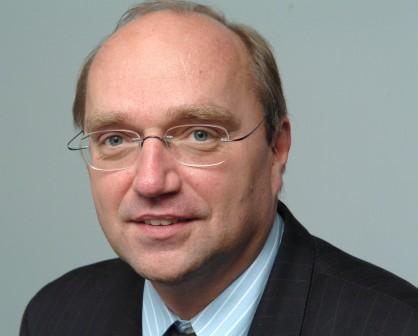
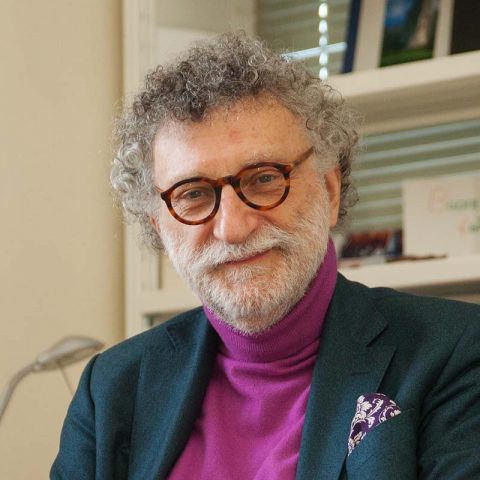
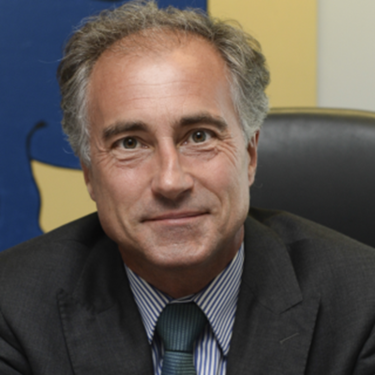

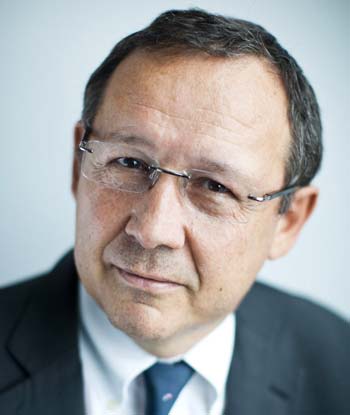
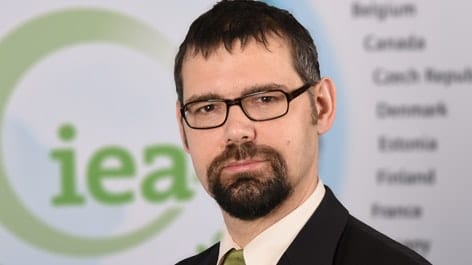
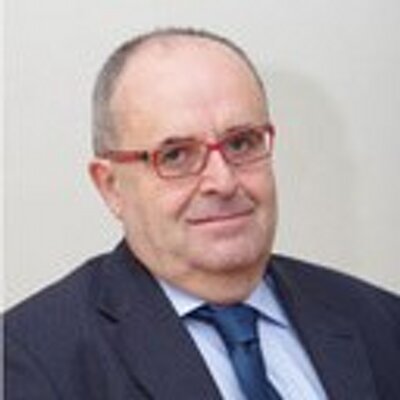
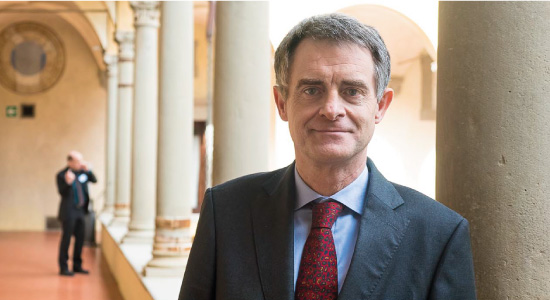
To meet, discuss and learn in the channel that suits you best.